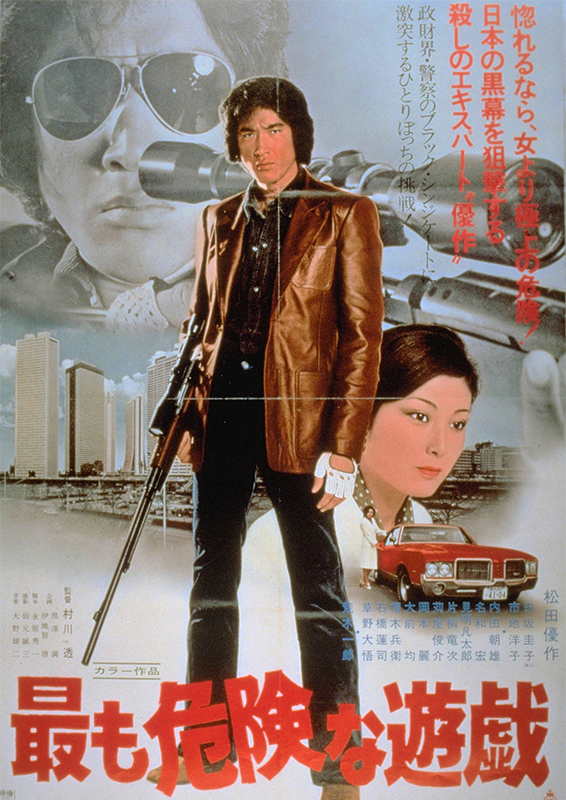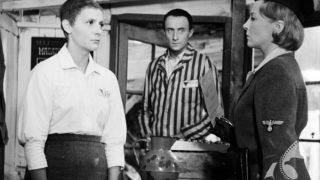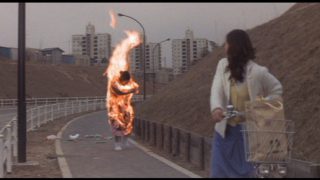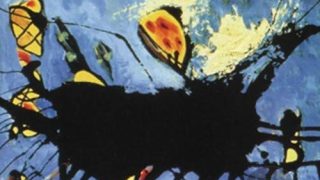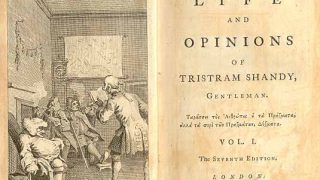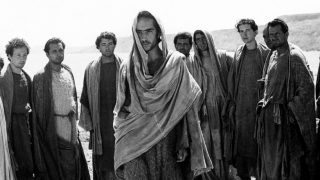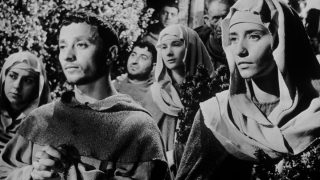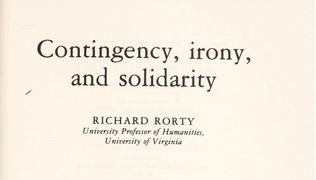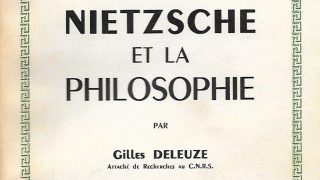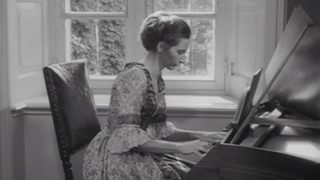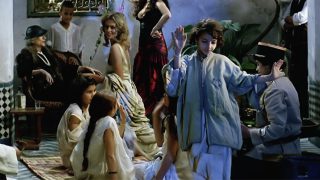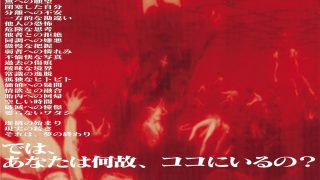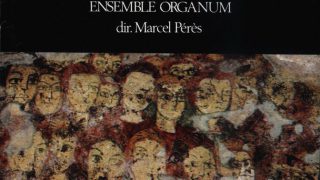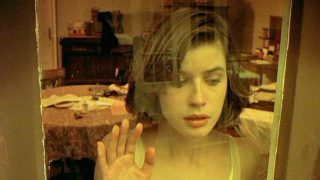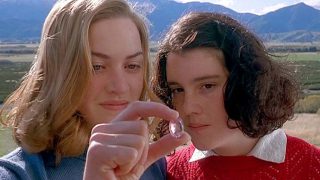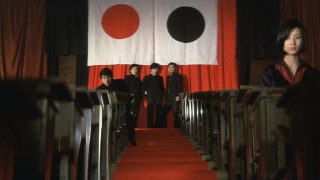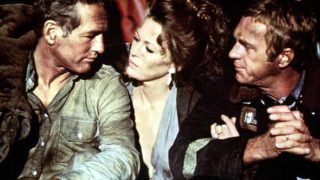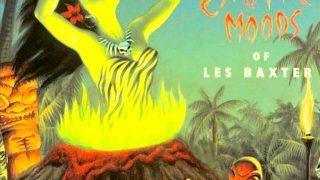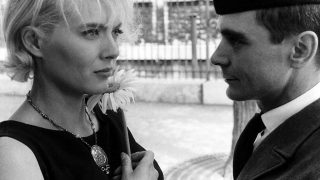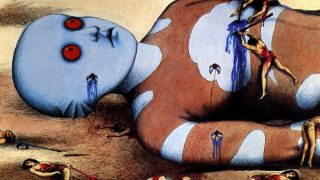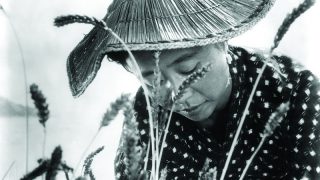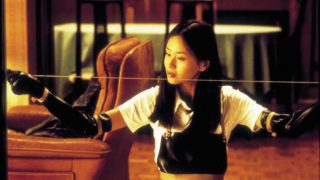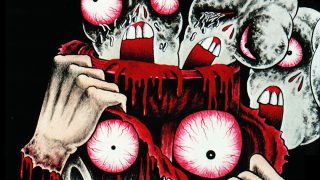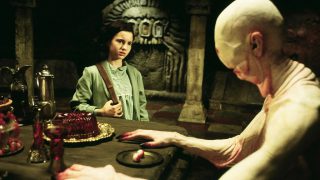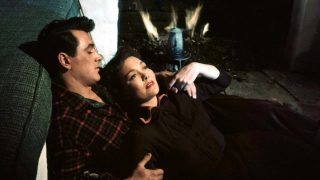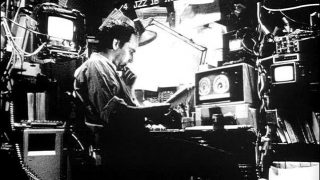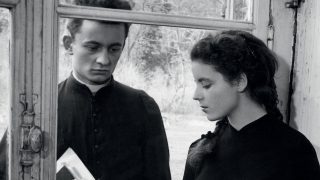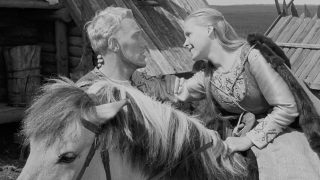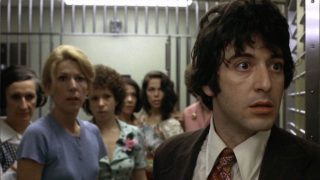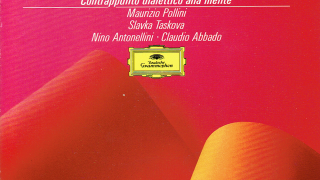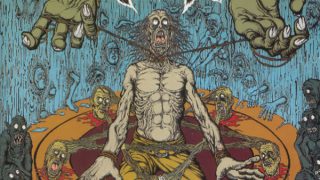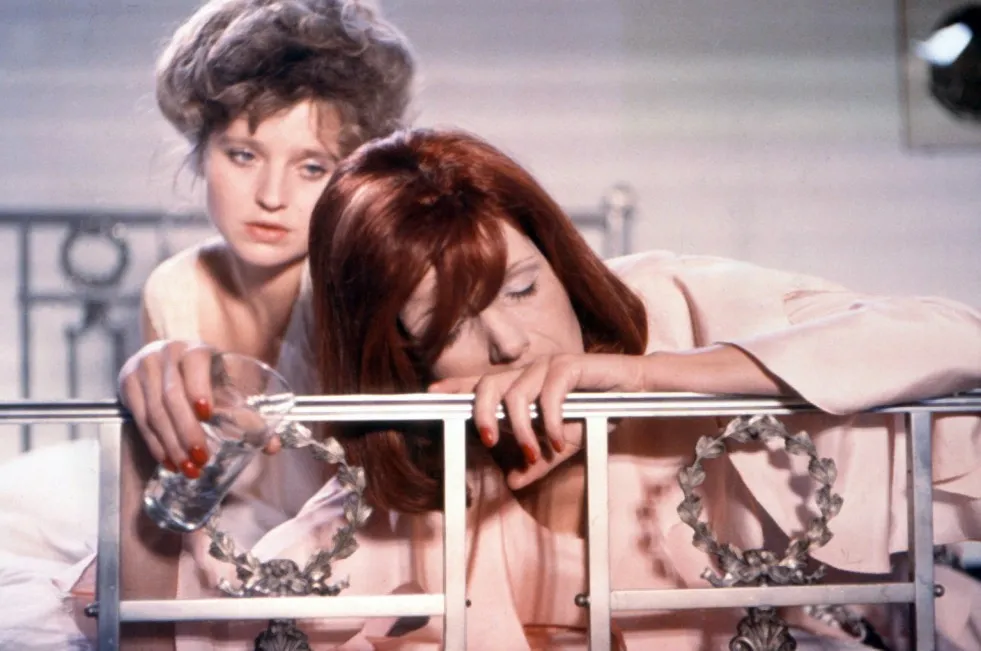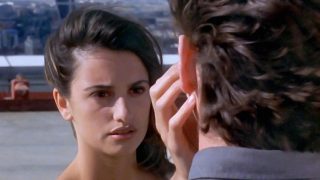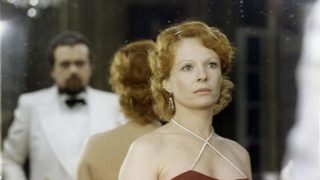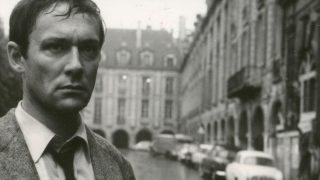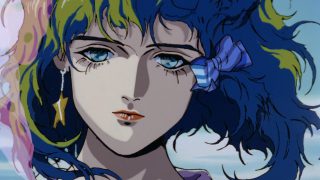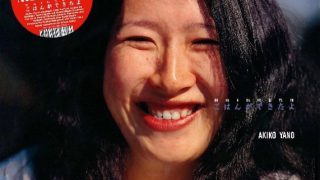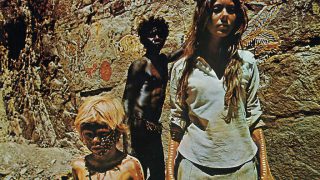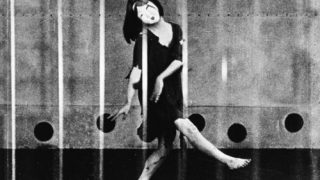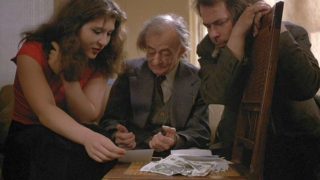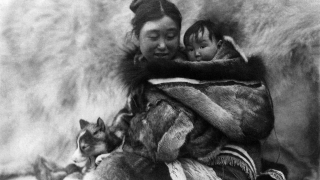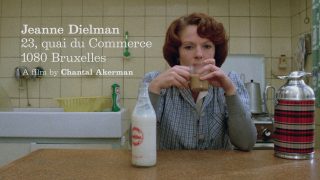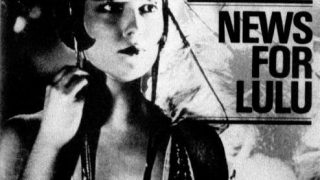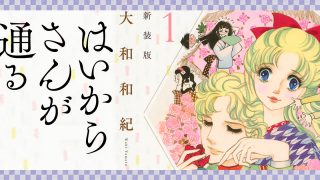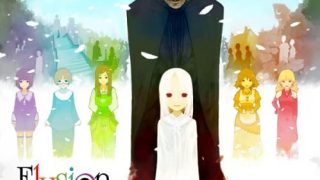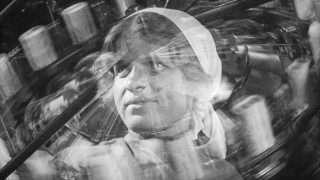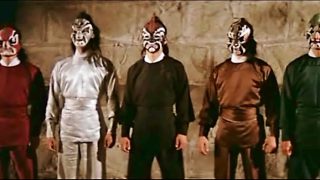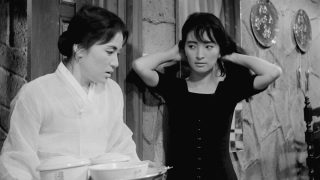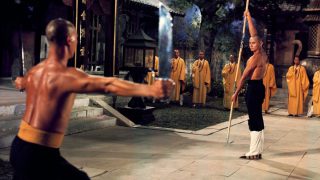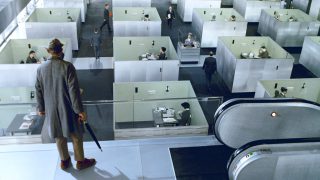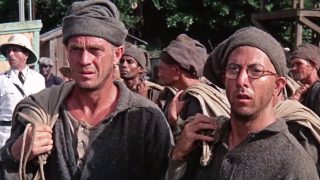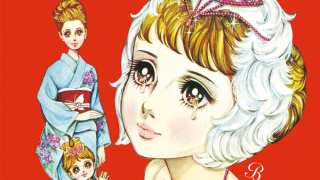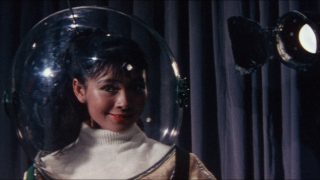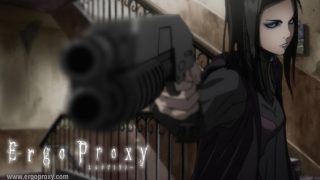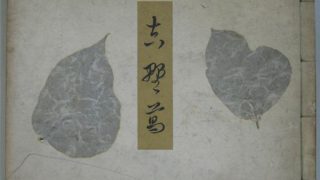Overview
“Mottomo Kiken na Yūgi (The Most Dangerous Game)” is a 1978 Japanese action film starring Yūsaku Matsuda and directed by Tōru Murakawa.
Set in Tokyo, it depicts a deadly struggle of Shohei Narumi (Yūsaku Matsuda), a contract killer who is hired by a large corporation to rescue an abduction victim, and becomes embroiled in a power struggle between two large corporations over a contract to develop Ministry of Defense’s air defense system.
It was produced by Toei Central Film and Toei Geino Video. It was distributed by Toei.
Screenplay by Hideichi Nagahara. Cinematography by Seizō Sengen. Music by Yuji Ohno.
CinemaScope. 89 minutes.
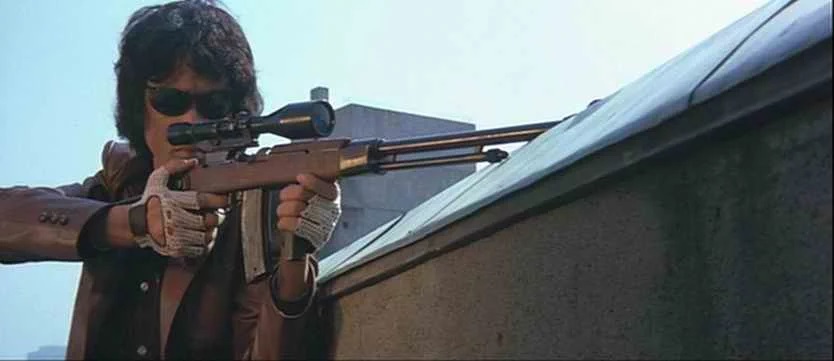
The Background of the Production
In 1977, Toei established Toei Central Film as an affiliated company to produce and distribute “program pictures” (films mass-produced for double feature programs) because the headquarters of Toei had shifted their focus from program pictures to huge movies.
Mitsuru Kurosawa, who had worked as a producer of Roman Porno films in Nikkatsu, became the producer of the production department of Toei Central Film after leaving Nikkatsu, and he produced this film as the first work of Toei Central Film with a budget of 30 million yen.
Kurosawa and another producer Kei Ijichi used Tōru Murakawa, who had directed three Roman Porno films in 1972, as the director, and Yūsaku Matsuda, who had been known for his appearances in NTV’s detective dramas, “Taiyō ni Hoero! (Roar at the Sun!)” (1972–1986) and “Daitokai (The Big City)” series (1976–1979), as the leading actor.
As one of the directors of “Daitokai” series, Murakawa had worked with Matsuda.
Plot
31-year-old Shohei Narumi (Yūsaku Matsuda) is known as a skilled assassin in the underground community.
Key business leaders are abducted by someone one after another, and the president of Tonichi Electric, Nanjō (Masanori Irie) is also abducted. The CEO of Tonichi Group, Kohinata (Asao Uchida) asks Narumi to rescue Nanjō in exchange for a 50 million yen reward.
Tonichi Group won a competition against Godai Conglomerate over a contract to develop Ministry of Defense’s air defense system and gained the order, but Godai causes abduction incidents in conspiracy with behind-the-scenes fixer Seishiro Adachi (Bontarō Miake) to win back the order from Tonichi Group.
Kohinata gives Narumi information about Adachi’s confidant Igo (Hiroshi Nawa), who leads the group of abductors.
Narumi breaks into Igo’s apartment, where Igo’s mistress Kyoko (Keiko Tasaka) is alone. Narumi threatens to kill her unless she tells him where Igo is.
Narumi rapes Kyoko, talking to Igo over the phone, and he lures Igo into the apartment.
Narumi slips into an abandoned hospital where Nanjō is confined. Narumi shoots all the abduction group members including Igo to death and rescues Nanjō, but Nanjō is shot by someone to death, and Narumi is seriously wounded in his abdomen in the gunfight.
Narumi visits Kohinata to return an advance of 10 million yen to him, but Kohinata asks Narumi to assassinate Adachi.
Narumi tries to assassinate Adachi, but he finds that Inspector Katsuragi (Ichirō Araki) of Tokyo Metropolitan Police Department is involved in the series of incidents in conspiracy with Adachi. Katsuragi tries to kill Narumi.
Narumi has a showdown for survival with Katsuragi and his fellow detectives.
Reception
“Mottomo Kiken na Yūgi” was released as a double feature program with the film “Bannai Tarao” (1978) starring Akira Kobayashi and directed by Norifumi Suzuki in 1978 in Japan, and It became a big box-office success.
At the time of its release, the film was highly acclaimed by Japanese film critics, such as Shigehiko Hasumi, Kōichi Yamada, and Sadao Yamane.
In the Japanese film magazine “Eiga Geijutsu (Film Art)”, Hasumi praised it, stating that it was superior to the film “Star Wars” (1977) directed by George Lucas in all respects.
Following the success of the film, two sequels were produced: “Satsujin Yūgi (The Killing Game)” (1978) and “Shokei Yūgi (The Execution Game)” (197). These three films are called “Yūgi Series” or “Game Trilogy”.
In Japan, the Blu-ray box of the Yūgi Series was released by Toei in 2017.
The limited edition Blu-ray of the Game Trilogy was released by UK/US Arrow Video in 2023.
Commentary
“Mottomo Kiken na Yūgi” is a low-budget entertainment film produced as a program picture. It followed in the wake of Nikkatsu action movies and Roman Porno films.
It is an action film masterpiece making use of Matsuda’s toned body and superior athletic ability, and one of Murakawa’s masterpieces along with “Shiroi Yubi no Tawamure (Delicate Skillful Fingers)” (1972), which is his directorial debut in his Nikkatsu period.
The film was shot on location in several areas in Tokyo, such as Shibuya, Yoyogi, Nakano, Kasumigaseki, Roppongi, Meguro, and Shibaura-futō.
The film is characterized by its dynamic camerawork, distinctive blue-tinged color tone, and action scenes shot in long takes with a handheld camera.
The highlights of the film are gunfight scenes and a scene in which Narumi runs after Katsuragi’s car.
In the film, the lead character Narumi is depicted as a person who has two faces: he is usually a slovenly guy, who frequents mahjong parlors and strip clubs in strange clothes, wearing a dotera (a Japanese traditional padded jacket) and round sunglasses, but he is also a contract killer who makes a lot of money by undertaking killings.
The film itself also has duality: it is both a hard-boiled crime action movie in the neo-noir style and a self-destructive parody of the genre.
The music in the jazz fusion style by Yuji Ohno, who had composed the music for the TV anime series “Lupin the 3rd Part II” (1977–1980) at that time, is impressive.
Need to note that the film contains graphic depictions of female nudity, sex, and sexual assault.
In the film, Kyoko falls in love with Narumi who raped her. Narumi rescues Kyoko abducted by Katsuragi, and then Narumi and Kyoko hold each other at a pier. This romantic episode is made conveniently for male. It reflects androcentrism in Japanese society of that time.
The revolver used by Narumi is Smith & Wesson Model 29, which became famous after Inspector Harry Callahan (Clint Eastwood) used it with the .44 Magnum in the film “Dirty Harry” (1971).
In the ending part of the film, Narumi says to Kohinata, “Thank you for a wonderful game.” This is an improv line by Matsuda.
A strip club scene in the ending part quoted the Kadokawa film “Proof of the Man” (1977), which Matsuda had appeared in. The theme song of the film was used as background music, and a dancer dances, covering her private parts with a straw hat, which was a key item of the film.
